Managed Security Services Providers offer outsourced monitoring and management of security devices and systems. MSSPs help organizations reduce security risks and ensure compliance with regulations by leveraging their specialized expertise and resources.
MSSPs provide comprehensive security management to safeguard information and IT infrastructure from cyber threats. They deliver services like intrusion detection, vulnerability scanning, and firewall management, allowing businesses to focus on core activities while maintaining robust security. Organizations benefit from MSSPs by obtaining access to advanced security technologies and a dedicated team of experts to navigate complex cybersecurity landscapes.
What are some key features of MSSPs?In the healthcare sector, MSSPs play a crucial role in ensuring patient data protection through compliance with regulations like HIPAA. In financial services, MSSPs help safeguard sensitive financial transactions and customer information by implementing robust monitoring and security protocols. For retail, MSSPs enhance the security of payment systems and protect against data breaches.
MSSPs are invaluable for organizations seeking to enhance their cybersecurity posture while reducing operational costs. They allow businesses to stay ahead of evolving threats through advanced tools and dedicated expertise.
| Product | Market Share (%) |
|---|---|
| Secureworks Taegis Managed XDR / MDR | 4.2% |
| Sun Asterisk Cybersecurity Services | 3.2% |
| IBM Managed Security Services | 3.0% |
| Other | 89.6% |































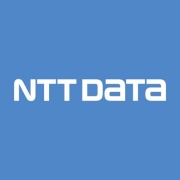


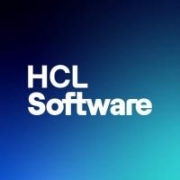
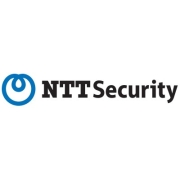








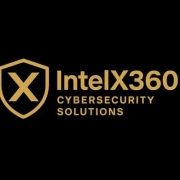
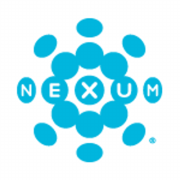










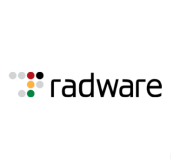


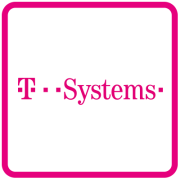






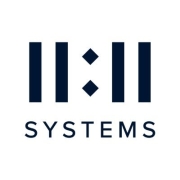











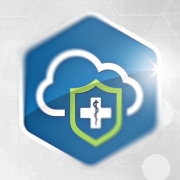








Managed security services can provide intensive detailed security protection to ensure your entire organization is protected against any type of security risk or threat for a fraction of the cost that it would take to hire and maintain an in-house security team, especially for small and medium businesses (SMB) and organizations. A value-added MSS will help your organization stay ahead of the ever-changing aggressive threat environment that exists in today’s marketplace. An MSS can provide coverage for cloud security, identity compliance issues, and more. Additionally, your organization will be able to redirect valuable resources elsewhere to help facilitate greater overall productivity and profitability.
managed service provider (MSP) is focused on the operational aspects of your IT systems. An MSP will ensure that your IT systems are performing as expected, that the people who need to access the data and systems can utilize the information and applications they need, and that IT systems are working effectively. An MSP will also work to resolve any performance-based issues.
A managed security service provider (MSSP) provides consistent comprehensive protection for all of your organization's cyber security needs. An MSSP will ensure that your organization's entire ecosystem is fully compliant, safe, and secure from any and all security risks, threats, or potential breaches.
Organizations use MSSPs to shift the generally monotonous work of continually monitoring what in some cases can be thousands (or more) of potential security events or incidents per day. MSSPs will include but are not limited to: monitoring of firewalls, compliance management, intrusion detection, password/login issues, and all your security incident and event management (SIEM) tools.
There are several different factors to consider when choosing an MSSP for your organization. You will have to consider the number of users and servers, the amount of data, and several other factors that may be unique to your organization. However, most MSSPs will offer a flat fee based on your exact needs that will still be significantly cheaper than purchasing all the security tools your organization would need in addition to hiring and maintaining a team of cybersecurity specialists to keep your organization continually secure from any threats.
For some companies, it may not even be possible to have a separate MSSP to handle proprietary and client personal identifiable information (PII). It is important to note that an MSSP does not replace your entire security team, but is in place to support and supplement the efforts to keep your organization safe and compliant. It is critical to ensure that your organization has a detailed service-level agreement (SLA) in place with your MSSP to maintain confidentiality and protect your organization in case a data breach occurs.
MSSPs offer advanced threat intelligence by leveraging global data and expertise to provide continuous monitoring and analysis of cyber threats. By working with an MSSP, you can gain access to real-time insights into emerging threats and vulnerabilities, allowing you to anticipate and mitigate risks effectively. Their services include threat hunting, data correlation, and predictive analytics to help you stay ahead of potential breaches. With MSSPs, you benefit from a proactive security posture, ensuring your network is safeguarded against increasingly sophisticated cyber attacks.
What role do MSSPs play in incident response and recovery?In the event of a security incident, an MSSP provides critical support for swift recovery by offering comprehensive incident response services. They help you by quickly identifying the breach source, minimizing damage, and restoring normal operations. MSSPs utilize structured methodologies and forensic tools to analyze incidents and determine the best course of action. They usually offer playbooks and simulation exercises to prepare your team for potential incidents, thereby reducing response time and enhancing resilience against future attacks.
Can MSSPs help with regulatory compliance?MSSPs assist with regulatory compliance by aligning their security services with industry standards and legal requirements, such as GDPR, HIPAA, and PCI DSS. They perform regular audits and security assessments to ensure your policies and controls meet the necessary compliance benchmarks. For your organization, this means reduced risk of fines and reputational damage associated with non-compliance. MSSPs also provide ongoing support to keep you updated on changes in regulations, ensuring continuous adherence to compliance requirements.
How do MSSPs manage security across hybrid cloud environments?MSSPs offer tailored solutions to manage security across hybrid cloud environments by integrating advanced tools for visibility and control. They deploy cloud-native security technologies that enable seamless monitoring across on-premises and cloud-based platforms. MSSPs focus on detecting and responding to threats by ensuring consistent security policies, irrespective of the location of your data or applications. This helps you maintain robust security postures as you scale your operations and migrate workloads across different environments.
Why choose an MSSP over an in-house security team?Choosing an MSSP over an in-house security team can provide significant advantages, including cost efficiency, access to a broader range of expertise, and the latest technologies. MSSPs offer 24/7 monitoring and support from a team of skilled professionals, ensuring continuous protection without the need for extensive investments in training and technology for your staff. This model also allows your internal team to focus on core business initiatives, while MSSPs handle complex security challenges, making it easier to scale and adapt as your organization grows.